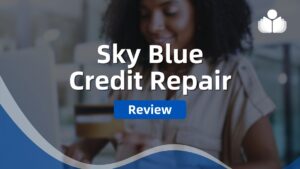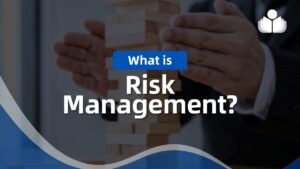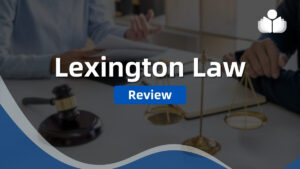For the last 60-70 years, a Feasibility Study has been “required” before planning and/or implementing any major fundraising effort, and its basic concept and structure hasn’t changed in all that time; and, it is my contention that the Feasibility Study is not only obsolete, it’s counter-productive.
Now don’t get me wrong. I’m not saying that we shouldn’t first determine the feasibility of acquiring leadership for and attaining the goals of a major fundraising effort.
Of course we must interview prominent members of the community, prior donors and prospective leaders/example-setters. Of course we want to determine if success is likely, even probable. Of course we want to begin the education and cultivation of those who will be campaign leaders and major donors.
But feasibility studies are designed to ask interviewees if they think the goal is feasible, if they think there are any individuals who could lead a campaign to its goal, if the “community” will support the effort. A typical question is, “With your knowledge of the community, do you think/believe that ‘this’ goal can be achieved?”
If you’re asking people if they think you can succeed, you give them the impression that you might not. Why plant the seed of doubt? In fundraising, a “Study to determine Feasibility” is really bad psychology.
Never ask if an interviewee thinks the goal is attainable? Avoid asking “if,” but rather work to create the impression that success is a given. Get people to buy into that success, then you’re more likely to succeed.
Want to create a Major Gifts Program, a Bequest Program, a Special Event, a Recognition Program, a Capital Campaign ??
The most important information you’d want to have is whether your (prospective) constituents/donors will agree with what you want to do, and what would motivate those folks to want to support and/or participate in your activity.
The best way to get the best answers to those questions would be to ask. And, the best way to ask would be by means of a “Planning Study.”
That the “Study” is for “Planning” purposes suggests that you’ve not committed to taking a particular action and/or to creating a specific kind of program – even though you may have!!
When you ask someone to participate in this kind of “Study,” you are asking for their advice and saying that what you do (or don’t do) will be impacted by what they say (or don’t say).
Unlike the obsolete “feasibility study,” with all its “baggage,” a “Planning Study” asks in-depth questions about a broad range of subjects. Then, based on the study’s findings, a nonprofit will be able to proceed with programs/activities it knows will be supported by its constituents.
And, by the way, the reason the “Planning Study” is “almost always the first step” is because it is a strong means of cultivating the folks you hope will be your leaders and donors … when you do whatever it is that you’re “planning” to do.
When you ask someone’s advice, they’re more likely to look upon you favorably … because you were smart enough to know to ask them ☺
To quote an old fundraising saying: “If you want advice, ask for money; if you want money, ask for advice.” And a “Planning Study” is a great way to ask for advice.
=-=-=-=-=-=-=-=-=-=-=-=-=-=
Have you heard about
The Fundraising Series of ebooks?
They’re easy to read, to the point, and inexpensive ($1.99-$4.99)
This posting is a sample of what’s in the Third book in the series –
“Guidance for the New Nonprofit, Executive Director and Board Member”
=-=-=-=-=-=-=-=-=-=-=-=-=-=
Have a comment or a question about starting, evaluating
or expanding your fundraising program?
AskHank
=-=-=-=-=-=-=-=-=-=-=-=-=-=
To keep this resource alive, we need your
questions/problems to engender further discussion.
Look forward to hearing from you.
Comments & Questions
=-=-=-=-=-=-=-=-=-=-=-=-=-=
If you’re reading this on-line, and would like to comment/expand on the above piece, or would just like to offer your thoughts on the subject of this posting, we encourage you to “Leave a Reply.” If you’re reading this as an email, and you want to comment on the above piece, email Comments to offer your thoughts. Your comments, with appropriate attribution, could be the basis of a new posting.
 Sections of this topic
Sections of this topic
















